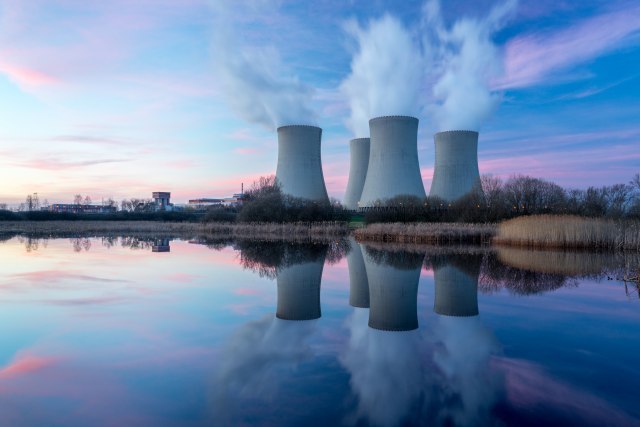Retired Engineer
pre 5 godina
While nuclear power has a lot of benefits, it also has a lot of negatives. The main being cost, and nuclear waste disposal. No nuclear power plant project in the world has come in on schedule and on budget. In England, Toshiba and Hitachi have both walked away from building two nuclear power plants due to the high costs and high risk. Financing is impossible to get from normal commercial sources. If England can’t build and finance such projects, it would be naïve to think that Serbia has better resources to succeed.
Many European countries are shutting down their ageing nuclear power plants due to high costs to refurbish them. There are cheaper renewable options that should be considered, namely wind and solar. These technologies allow for small incremental plants to be built close to the end user. This enables the generation and demand to be matched without the need to build expensive transmission lines. Also, once built these transmission lines will require ongoing maintenance and upgrades which add another layer of cost. Nothing is free in this world except for air and sunshine.
Having worked as a design engineer in the nuclear power industry for close to 30 years, I would caution anyone contemplating investing money in a nuclear reactor. It is a very, very expensive technology that only the G8 countries can afford. Even they are moving away from nuclear power. Beware of the experts. The English have a saying that goes, fools rush in where angels fear to tread.




3 Komentari
Sortiraj po: